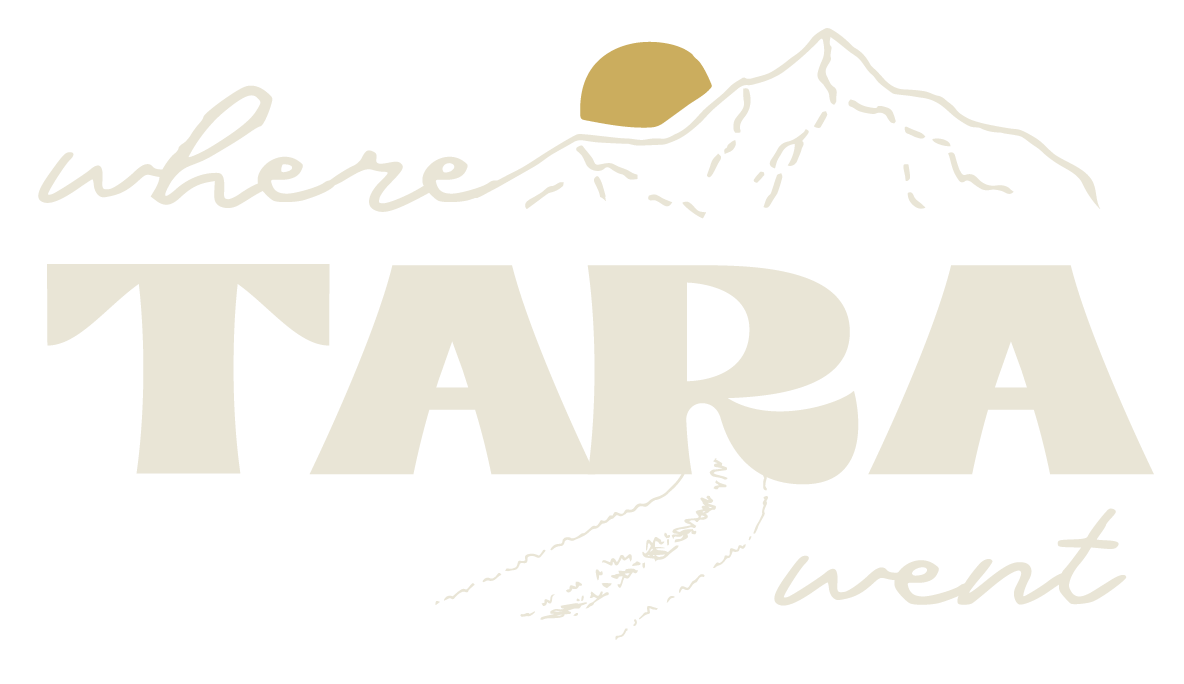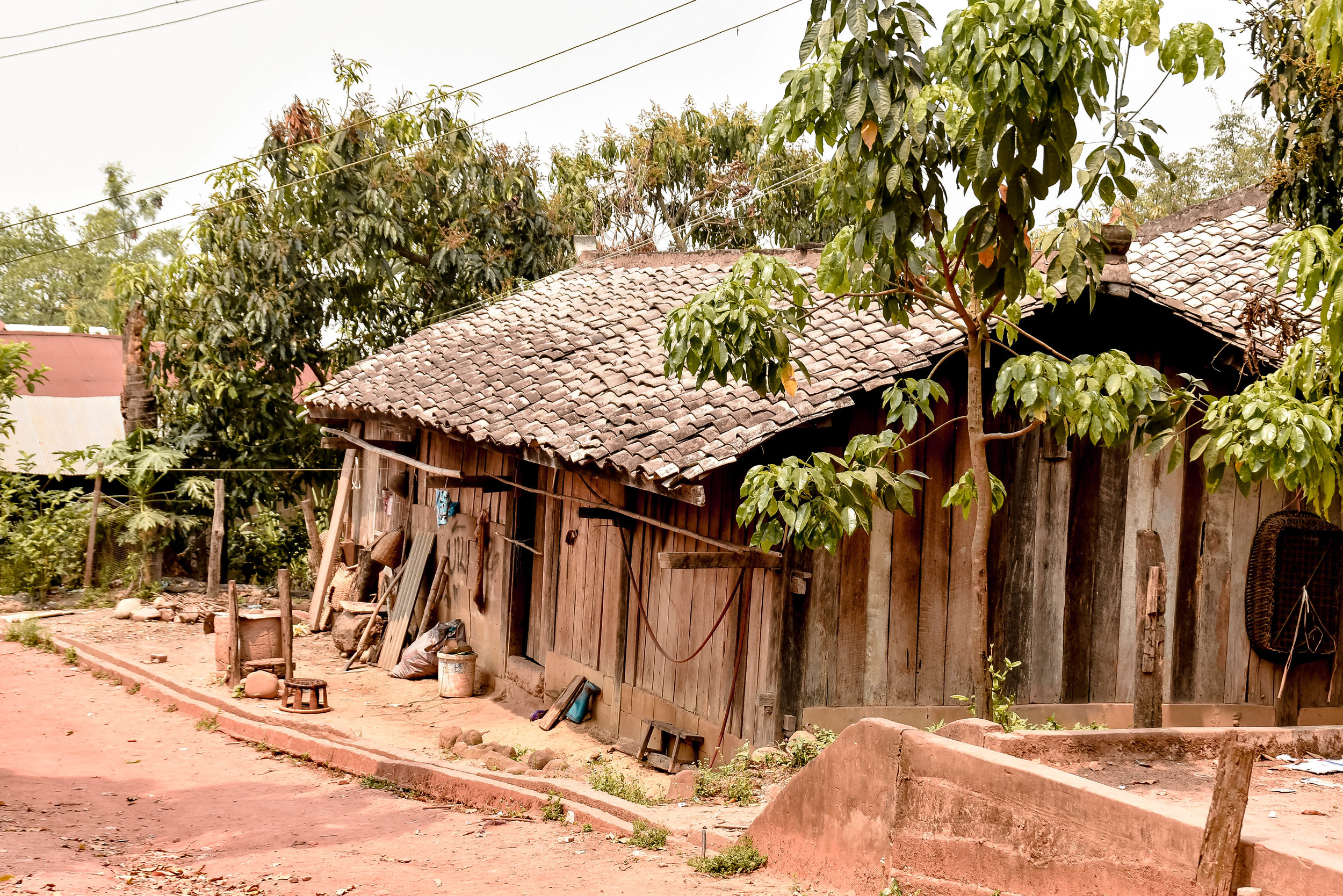how to volunteer abroad responsibly: the ethics of overseas volunteering
Summer is in fully swing in the Northern Hemisphere, which means there are students out on break keen to make a difference in the world. And what better way to get out in the world while simultaneously improving it than by volunteering?!
It’s overwhelming to do the rigorous amount of research involved in finding a quality organization that has a clear mission and operates in an ethical fashion. But, whether you’re interested in environmental cleanup, conservation, education initiatives, or other skills-based volunteering opportunities, I believe there is an avenue for you to “give back” in an ethical and upstanding way.
here’s my guide for responsible volunteering
my volunteer journey ↴
In 2015, I was working in the Human Resources Department of a great university, making bank. To any outsider looking in, I had the makings of a really good life. Steady job that pays well with room for professional growth, friends who loved me, a dog to keep me company, and gorgeous Black Hills landscapes to hit up on the weekends. However, I was in a constant state of missing New Zealand and life overseas, wanting to shake things up. I felt like the life I was so lucky I had just didn’t quite fit me. So, I decided I’d start saving to continue traveling .
Before I headed out on a backpacking trip around South America, traveling around the U.S. with friends, and spending yet another month in New Zealand, I decided I wanted to do something “helpful.” I wanted to write professionally while making a lasting impact, but wasn’t sure how to start. With a quick Google and very little research, I stumbled upon a voluntourism organization that had positive reviews from former volunteers and a high overall rating. I called the helpline, asked very few questions, and booked my ticket and place within the program.
I taught English to Buddhist monks and novices, as well as school-aged children as part of the project. I felt qualified after receiving TEFL training, and I loved working with young learners. I painted classroom walls and hung a few whiteboards up in pretty rustic-looking classrooms. I helped students create resumes.
Looking back, I genuinely do not think that any of us were “harming” the community. I think, if anything, we helped create pathways for students to receive scholarships and sponsorships for continued learning. But, and it is a large but, there were many things about this organization that still bother me. Things regarding its lack of transparency, its funding distribution, and its lack of sustainable development. However, I can say whole-heartedly that volunteering fully changed my life.
Unfortunately, I wasn’t aware of the difference of being a skilled volunteer and voluntourism. My intentions, like most every one I’ve met who volunteers, were good-natured. However, no good deed is entirely altruistic. The bottom line is: I could have done “good” in a better, more ethical way. And that’s what I tried to do when I went back to Laos to work as the Women’s Empowerment Project Coordinator. I utilized my skills, professional training, and expertise in development to build a more sustainable project that was rooted in the needs of the community and aligned with the United Nations Sustainable Development Goals . And that, in some small way, felt so much better than my time “volunteering” when I was twice as naive as I was eager.
what are voluntourism + volunteerism? ↴
Voluntourism is the name given to short-term volunteer vacations that incorporate more tourism than volunteering and do not create sustainable change in hosting communities. This kind of volunteering creates a dependency culture and can contribute to White Savior complex. This name emerged in the 1990s as a was to describe a travel experience that combined volunteering with typical tourist activities.
Volunteerism, or skills-based volunteering, is the name for long-term volunteering that creates a positive impact on local communities and addresses an area of direct need.
In an era where doing good is more appealing than ever, travel agents are increasingly looking to sell volunteer packages that they can make a hefty commission off of. Voluntourism isn’t helpful and can actually do more harm when looking at the bigger picture.
examples of when doing “good” does harm ↴
Visiting orphanages
Visiting orphanages is particularly popular in places like Cambodia— but it’s almost never an ethical decision. It’s estimated by the UNDP that 80% of the 8 million children in orphanages around the world aren’t actually orphans at all. In fact, orphanages have become lucrative businesses in countries with developing economies. Children raised in orphanages are 10 times more likely be forced into sexual exploitation. You may think working with children is doing a kindness, but it might actually be perpetuating the exploitation of young children who have families. Volunteers should also consider the amount of time they can contribute to a project with children. Children develop bonds with caregivers, so connecting with a child and then leaving after a short amount of time is dangerous to their emotional development.
What’s the better option? Absolutely avoid orphanages at all cost. Read more at ReThinkOrphanages to understand the depths of this problem.
teaching
Teaching English is arguably the easiest way to volunteer overseas. I always feel two ways about teaching while volunteering, especially after seeing the need for language instruction in communities where locals hope to study in English speaking countries or obtain jobs in government sectors or throughout the tourism industry. Individuals who can speak English are preferred candidates for jobs that typically pay better. I am not saying I agree with this by any means, but I am saying, I know it to be true. In this way, having native English speaking volunteer to teach can be beneficial.
What’s the better option? Volunteering to train local teachers to teach or volunteering to work alongside local teachers in a classroom so that you can aid pronunciation and grammar when necessary. This means a local teacher is receiving a salary and you are still positively contributing— a win/win of sorts.
Building houses
If you wouldn’t hire someone without experience building your home, you probably shouldn’t volunteer to build someone else’s. It’s highly likely that there are skilled people who could volunteer for this position or locals that could be hired to build!
What’s the better option? Volunteer to build homes if your are skilled in construction or have architectural/design experience. If not, commit your volunteer time to a project that will make use of your skills.
responsible questions to ask before you volunteer ↴
what can you find online?
Your first port of call for vetting a volunteer organization, after reading its own website thoroughly, will probably be Google. Give the organization a search and see what comes up. Nothing? Negative press? Read through trusted media sources and take a look at both criticisms and praise for organizations, taking into account where either argument is coming from. If you can’t find much, head directly to the source and ask for press links.
Next, check out the organization’s social media channels, if they have any. What do they post? A thoughtful organization will post material that helps establish their mission and gives information about their programs. Another clever trick is to note whether the volunteer website is .com or .org. .Org is what you’re looking for. United Nations, WWF, and Amnesty International are all .org websites for a reason— it stands for organization and are traditionally attached to not-for-profit charities and philanthropic businesses.
what do previous volunteers + staff have to say?
I always say to take the advice of others with a grain of salt since you have to ultimately decide what’s best for you and what sits right with you. However, had I spoken with other people who had worked with the volunteer organization I spent my time with, I would have realized that the organization plays with a lot of loopholes, pays people {foreign or local} unfairly, and isn’t transparent about…well anything really. Staff often have non-disclosure agreements with their organizations, but charities really shouldn’t be included in the same kinds of contracts, in my opinion. The more transparent, the better.
how are funds distributed?
This was the first red flag during my voluntourism experience in Laos. At the end of my time on the project, we were sat down by the field staff and funding of the project was explained. It was only then that it was revealed that the money each of us had spent to participate had been put into what was essentially a pot of money that was distributed to the different volunteer hubs this organization has globally. The money is not spread in equal measure. For instance, their elephant project in Thailand receives much of the financial resources, since the cost of elephant upkeep is heavy and the number of people wanting to volunteer with elephants is large. This may not seem like a problem initially, but I had paid money to help the communities and people in Laos. I wanted my money to go directly to the Lao community and my time there. Any nonprofit should be very transparent in regards to the distribution of their funds.
The number one question I would tell anyone looking to volunteer is to ask is where do volunteer fees go and how is money distributed. There should always be transparency with ethical charity finances. As a rule of thumb, administration costs should be 20% or less. This percentage includes staff salaries, any bills and local taxes, and project supplies/equipment.
The organization I volunteered with has a head office in South Africa where the headquarters staff have treadmill desks like that of a fancy startup in San Francisco. It pains me to know that, especially having gone back to Laos and having made a home there. It’s easy to see that the funds with this particular organization were not being funneled directly into the local economy.
If you’re paying a program fee, ask exactly what the fee covers and where the money is going. Is it a partial contribution? Does the fee cover your room and board? Is the fee to cover administrative costs? Look online at the volunteer organization’s website to see if they have a page that breaks down finances.
what skills do you have?
Making a real contribution to a community is rooted in the utilization of your skills. Responsible volunteers should search for an organization that has a project with a need for their specific skills.
There should be some kind of criteria or volunteer vetting process. A truly reputable organization should want only qualified applicants working on their projects, and ethical volunteers should put the needs of the community over their own want to “give back”. If the organization will take on any eager volunteer, they probably aren’t ethical. Building a house without construction experience? Working with children without proper background checks? Digging wells without any knowledge of community development or engineering skills? These sorts of things have been proven to do more harm than good.
There are plenty of ethical volunteer opportunities that exist for expertise of every kind. Photographers Without Borders, Doctors Without Borders, and Engineers Without Borders all offer volunteer opportunities for those with specific skill sets. The United Nations has a whole webpage dedicated to volunteer work for those with graphic design, copy writing, and fundraising experience. There are plenty of options available to you, it only requires a bit of research.
I learned a lot about teaching from doing it. Being thrown in the deep in. But, looking back with a more open mind, I realize I had no background in education. I didn’t fully understand the importance of scaffolding lessons, building four full language skills, etc. A qualified teacher would have. My skills in writing, community development, and project creation would have been better suited to a different role with an organization that had a real need for my expertise.
how is the organization working to meet their benchmarks?
If you ask a project manager what the long-term objective of their project is and they answer, “to do good”, or something equally as vague, you can almost be sure the organization doesn’t have a strategic plan for their efforts to address an area of need. How a charity measures its success is interconnected to its ethos.
If the main benchmark for success is money raised, this is also a red flag. A true, grassroots charity will measure its impact by setting benchmarks and evaluating the communities needs. Ask whether the organization uses the UN’s Sustainable Development Goals as a meter? What are the qualifications of those who run the projects on the ground? What are the overall goals of the project, and has the community been involved in the determination of these?
are you taking a job away from a local?
This is a question I didn’t even know to ask myself the first time I volunteered, but it’s important to consider whether or not you taking away a job from a local. Organizations with tiny budgets sometimes rely heavily on volunteers. I’ve used sites like Workaway to find English language writing opportunities in exchange for accommodation and a small food stipend for a startup in Vietnam. This is something I’m skilled in and something a native English speaker can do. However, other Workaway opportunities involve cleaning or working the reception desks at hostels. A local could easily be doing this job for a livable wage.
If you’re volunteering in a primary school, is there not a local who could be earning a living doing this? Building a house? Are there no skilled local builders that could be filling that role? If you are teaching, could you not be helping to train local teachers or working with them on curriculum building?
how much time do you have?
The general rule of thumb in development is that the longer you are able to commit to a project, the more sustainable the project and the more impactful your efforts will be. If you have less than a month to dedicate to a project, consider volunteering in an alternative way. Can you help as part of a beach clean-up? Would donating every month to a grassroots organization be more impactful? Consider all of these things and gauge your level of commitment before you volunteer. If you’re work won’t help the organization meet long-term benchmarks, perhaps it’s better to help in a role that requires less dedication— think fundraising, volunteering at an event {like working a booth at a fair}, or completing admin work.
resources for volunteers ↴
FLY FOR GOOD: Fly For Good helps supports humanitarian efforts by offering discounted airfare for volunteers. I’ve used this before and it is very helpful for budget travelers working with humanitarian projects.
UN VOLUNTEERS: The United Nations has a wide range of free volunteer opportunities. These are highly competitive. There are only 2,000 assignments abroad every year, but there are opportunities for those who can write, are skilled at web design, or have other tech skills to volunteer online. I’m currently volunteering as a proof-reader 2 hours each week. It’s something small that fills an area of need with my skills {the perfect fit}.
VENTURE WITH IMPACT: Venture with Impact is a month-long retreat that provides people with the opportunity to either continue their careers remotely or taking a career break, while simultaneously working on skills-based volunteer projects.






































